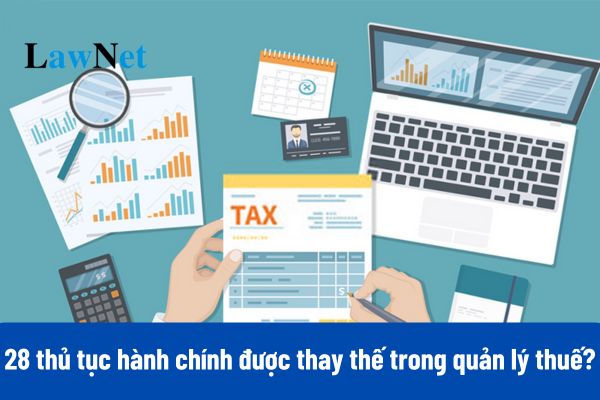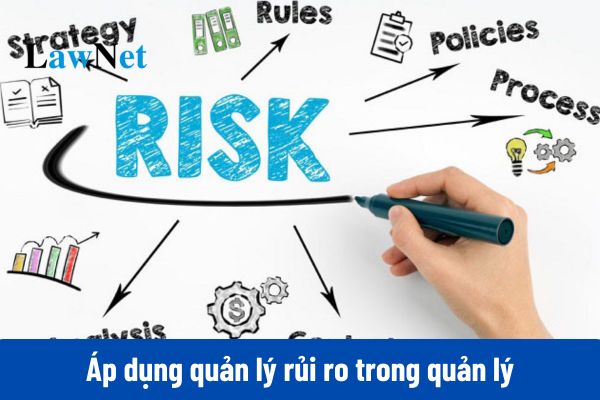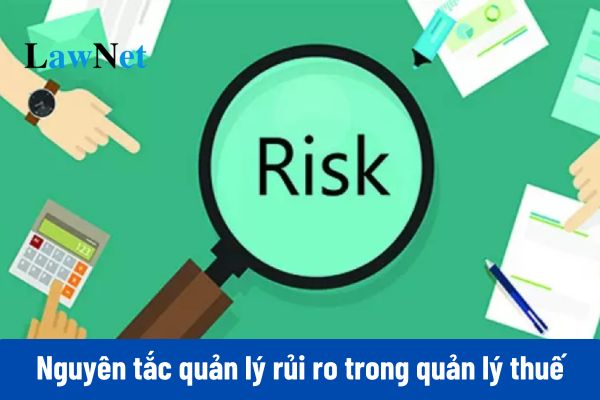What is the latest the Law on Tax Administration in Vietnam in 2025? What are the tax administration contents in the Law on Tax Administration in Vietnam?
What is the latest the Law on Tax Administration in Vietnam in 2025?
The current Latest Law on Tax Administration 2025 is Law on Tax Administration 2019 No. 38/2019/QH14 issued by the National Assembly on June 13, 2019.
The Law on Tax Administration 2019 came into effect on July 1, 2020, and regulates the administration of taxes and other amounts payable to the state budget.
Article 2 of the Law on Tax Administration 2019 stipulates the subjects to which the law applies as follows:
(1) Taxpayers include:
- Organizations, households, business households, and individuals paying taxes as specified by law on taxes;
- Organizations, households, business households, and individuals paying other state budget contributions;
- Organizations and individuals responsible for withholding taxes.
(2) Tax administration agencies include:
- Tax agencies comprising the General Department of Taxation, Provincial Tax Departments, District Tax Departments, and Regional Tax Departments;
- Customs agencies comprising the General Department of Customs, Provincial Customs Departments, Post-Clearance Audit Departments, and District Customs Departments.
(3) Tax administration officials include tax officials and customs officials.
(4) Other state agencies, organizations, and individuals concerned.

What is the latest the Law on Tax Administration in Vietnam in 2025? (Image from the Internet)
What are the tax administration contents in the Law on Tax Administration in Vietnam?
According to Article 4 of the Law on Tax Administration 2019, the tax administration contents are specified as follows:
- Tax registration, tax declaration, tax payment, and tax determination.
- Tax refund, tax exemption, tax discount, and non-collection of taxes.
- Tax debt classification; tax debt write-off, delay of tax payment, penalty exemption, non-collection of delay fees; tax payment deferral; installment payments for tax debts.
- Management of taxpayer information.
- Management of invoices and vouchers.
- Tax inspections and audits, and implementation of measures to prevent and combat violations of tax laws.
- Enforcement of administrative decisions concerning tax administration.
- Handling of administrative violations regarding tax administration.
- Resolution of tax-related complaints and denunciations.
- International cooperation in taxation.
- Propagation and support for taxpayers.
What are rules for tax administration in Vietnam?
According to Article 4 of the Law on Tax Administration 2019 (amended by clause 1, Article 6 of the Law amending the Law on Securities, Law on Accounting, Law on Independent Auditing, Law on State Budget, Law on Management and Use of Public Property, Law on Tax Administration, Law on Personal Income Tax, Law on National Reserves, Law on Handling of Administrative Violations 2024), five rules of tax administration are stipulated as follows:
(1) All organizations, households, business households, and individuals have the obligation to pay taxes as specified by law.
(2) Tax administration agencies, and other State agencies assigned with the tax collection management duties, shall implement tax administration in accordance with this Law and other relevant legal provisions, ensuring transparency, openness, equality, and protecting the legal rights and interests of taxpayers.
Tax administration officials are responsible for processing tax dossiers based on records, documents, and information provided by taxpayers, the tax administration agencies' databases, information provided by competent state agencies related to taxpayers, resulting from the application of risk management in tax administration, ensuring their responsibilities and duties in compliance with tax law and other relevant tax laws.
(3) Agencies, organizations, and individuals have the responsibility to participate in tax administration according to the legal provisions.
(4) Implementing administrative procedure reforms and modern information technology applications in tax administration; applying tax administration rules in accordance with international practices, including the principle that substance over form determines tax obligations, risk management rules in tax administration, and other rules suitable to Vietnam's conditions.
(5) Applying preferential measures when carrying out customs procedures for export and import goods in accordance with the customs law and regulations of the Government of Vietnam.
What are the management contents of e-transactions in the tax field in Vietnam?
According to Article 8 of the Law on Tax Administration 2019, the management contents of e-transactions in the tax field are specified as follows:
- Taxpayers, tax administration agencies, state management agencies, organizations, and individuals with the conditions to conduct e-transactions in the tax field must conduct e-transactions with tax administration agencies as specified by this Law and the law on e-transactions.
- Taxpayers who have conducted e-transactions in the tax field are not required to use other transaction methods.
- Tax administration agencies receiving and returning results of administrative tax procedures to taxpayers via e-means must confirm the completion of e-transactions by the taxpayer, ensuring the taxpayer's rights as stated in Article 16 of this Law.
- Taxpayers must comply with the requests of tax administration agencies notified via e-documents, decisions, or written notifications just like those issued in paper form by tax administration agencies.
- e-documents used in e-transactions must be duly electronically signed in accordance with the law on e-transactions.
- Agencies, organizations that have established e-information links with tax administration agencies must utilize e-documents in transactions with tax administration agencies; use e-documents provided by tax administration agencies to process administrative procedures for taxpayers, and refrain from requesting taxpayers to submit paper documents.
- The tax administration agencies organize e-information systems with the following responsibilities:
+ Guide and support taxpayers and service-providing organizations in conducting e-transactions in the tax field, banks, and relevant organizations.
+ Develop, manage, and operate systems for receiving and processing e-tax data, ensuring security, safety, confidentiality, and continuity.
+ Develop information connectivity systems, provide information on taxes paid into the state budget, information on the fulfillment of taxpayers' tax obligations to relevant agencies, organizations, and individuals electronically for administrative procedures for taxpayers as regulated.
+ Update, manage, and provide registration information for e-tax transactions of taxpayers; authenticate e-transactions by taxpayers for agencies and organizations involved in state budget collection to implement tax administration and state budget collection management.
+ Receive and return tax administrative procedure results to taxpayers by e-means.
+ In cases where taxpayers’ e-documents have been stored in the tax administration agencies' database, these agencies and tax administration officials must exploit and use the data within the system, without requesting taxpayers to provide tax documents, or tax payment vouchers in paper form.
- The Minister of Finance stipulates the dossiers and procedures concerning e-transactions in the tax field.










- How many parts does the format of e-invoices have? If individual businesses no longer use tax authority-ordered printed invoices in Vietnam, how long do they have to destroy them?
- Ministry of Finance of Vietnam guides early retirement policy under the Decree 178: What authority and responsibility does the Ministry of Finance of Vietnam have in fee and charge management in Vietnam?
- Can Tho City Tax Department provides guidance on the implementation of Decree 20 on related-party transactions
- Is it necessary to notify the supervisory tax authority when selecting a currency unit in accounting in Vietnam?
- When buying inventory in Vietnam, if the input VAT is deductible, which accounts should be recorded?
- What is the Form 01/XSBHDC on personal income tax declaration 2025 for multi-level marketing enterprises in Vietnam?
- How to download the advance payment slip form according to Circular 200? How to fill out the advance payment slip form in Vietnam?
- Is it mandatory to use a digital signature for e-tax transactions in Vietnam?
- Vietnam: Shall the TIN of the household business's representative be deactivated when the household business ceases operations?
- What is the guidance on looking up the 2025 PIT debts in Vietnam? Which agency has the authority to cancel tax debts in Vietnam?

